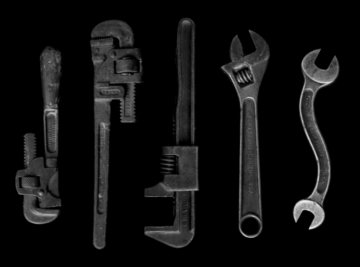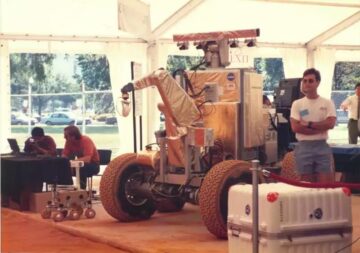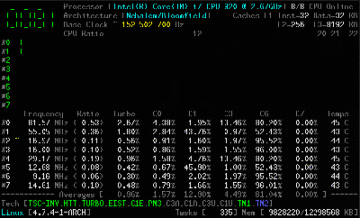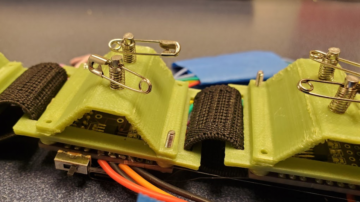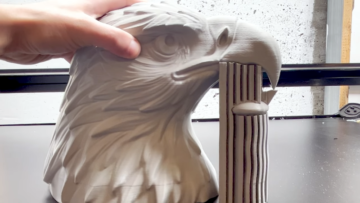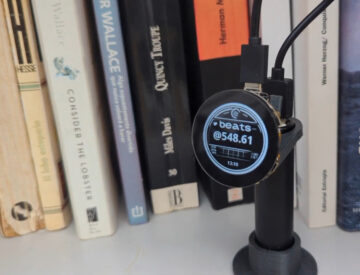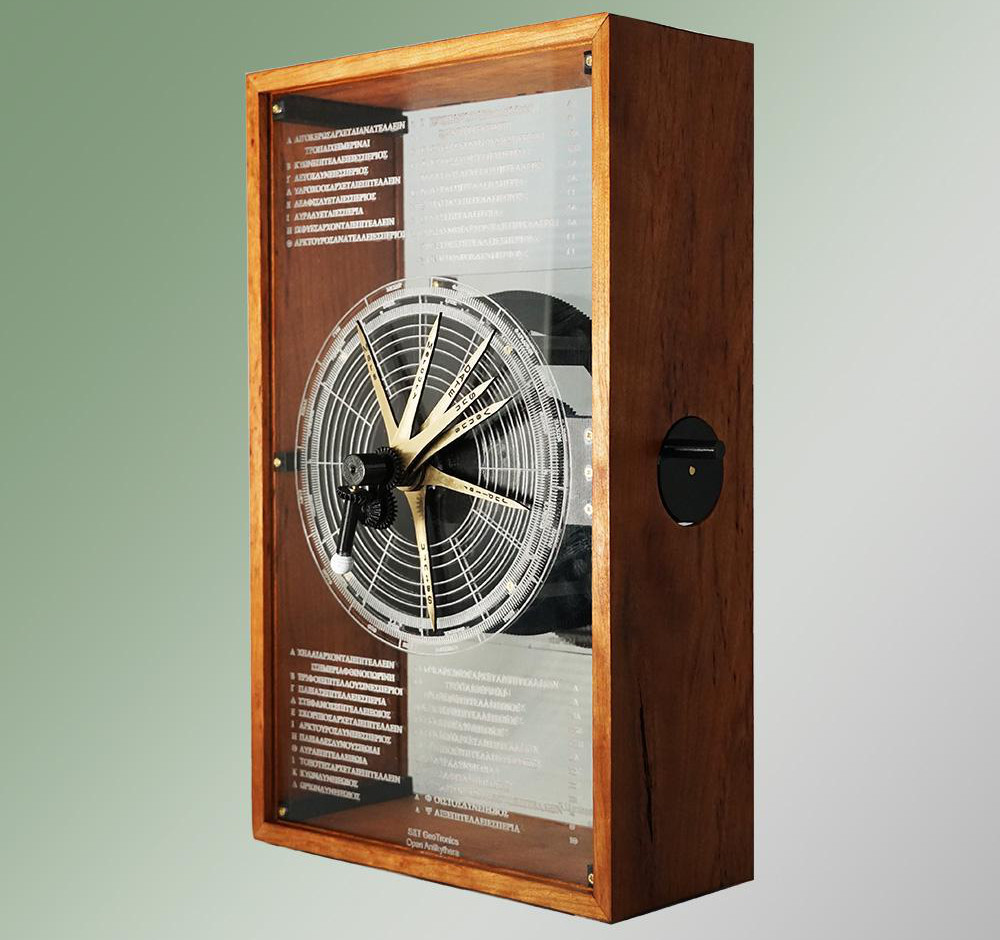
When the Antikythera Mechanism was first discovered, it wasn’t viewed as the wonder that we know it today. Originally the divers who found the device and the first scientists to look at it wrote it off as an astrolabe or other some other common type of clock. It wasn’t until decades later when another set of scientists x-rayed the device and surveyed more of the shipwreck where it was found that it began to become one of the more important archaeological discoveries in history. There have been plenty of attempts to recreate this device, and this replica recreates the mechanisms of the original but is altered so it can be built in a modern workshop.
The build, which took the creators several years of research and development to complete, started off with the known gear schemes found on the original device. However, the group wanted to make it with modern technology including 3D printers and laser cutters, so although they worked from an understanding of the original 2000-year-old device there are some upgrades and changes to accommodate those who want to build this in a modern workshop. Gears made from plastic instead of brass have more friction, which needed to be reduced by building custom bearings machined out of brass. And to complete the machine a number of enclosures of various styles are available to use as well.
Additionally, all of the designs and schematics for this build are open source for anyone to build or modify as they would like, although the group putting this together does plan to sell various parts for this as well. There will be some issues with use, as they point out, since the ancient Greeks didn’t have a full enough understanding of cosmology to get a machine like this to stay accurate for two thousand years, but it’s a fascinating build nonetheless. Reasearchers are still discovering new things about this device too, including the recent find of an earliest possible start date for the machine.
- SEO Powered Content & PR Distribution. Get Amplified Today.
- PlatoData.Network Vertical Generative Ai. Empower Yourself. Access Here.
- PlatoAiStream. Web3 Intelligence. Knowledge Amplified. Access Here.
- PlatoESG. Automotive / EVs, Carbon, CleanTech, Energy, Environment, Solar, Waste Management. Access Here.
- BlockOffsets. Modernizing Environmental Offset Ownership. Access Here.
- Source: https://hackaday.com/2023/07/11/an-open-source-antikythera-mechanism/
- :is
- :where
- 3d
- a
- About
- accommodate
- accurate
- All
- altered
- Although
- an
- Ancient
- and
- Another
- anyone
- ARE
- AS
- At
- Attempts
- available
- BE
- become
- been
- began
- brass
- build
- Building
- built
- but
- by
- CAN
- Changes
- Clock
- Common
- complete
- Cosmology
- creators
- custom
- Date
- decades
- designs
- Development
- device
- discovered
- discovering
- does
- enough
- fascinating
- Find
- First
- For
- found
- friction
- from
- full
- Gear
- gears
- get
- Group
- Have
- history
- However
- HTTPS
- important
- in
- Including
- instead
- issues
- IT
- jpg
- Know
- known
- laser
- later
- like
- Look
- machine
- made
- make
- mechanism
- mechanisms
- Modern
- modify
- more
- needed
- New
- number
- of
- off
- on
- ONE
- open
- open source
- or
- original
- originally
- Other
- out
- parts
- plan
- plastic
- plato
- Plato Data Intelligence
- PlatoData
- Plenty
- Point
- possible
- Putting
- recent
- Reduced
- replica
- research
- research and development
- schemes
- scientists
- sell
- set
- several
- since
- So
- some
- Source
- start
- started
- stay
- Still
- surveyed
- Technology
- that
- The
- There.
- they
- things
- this
- those
- thousand
- to
- today
- together
- too
- took
- two
- type
- understanding
- until
- upgrades
- use
- various
- viewed
- want
- wanted
- was
- we
- WELL
- when
- which
- WHO
- will
- with
- worked
- workshop
- would
- wrote
- years
- zephyrnet


